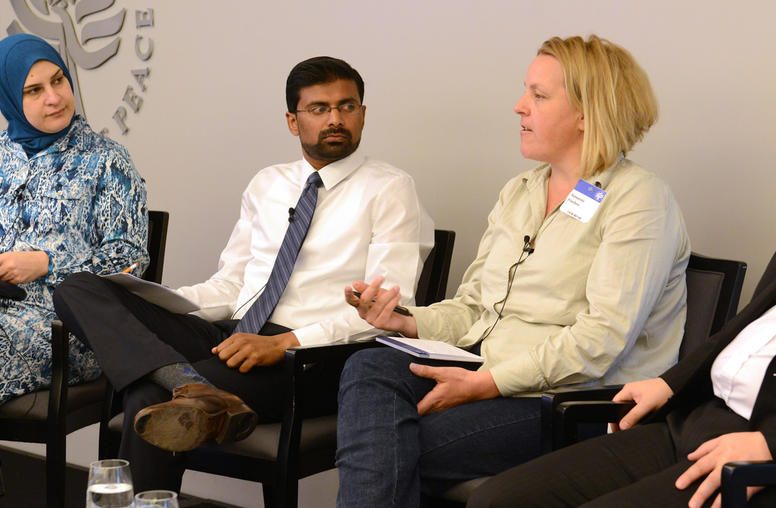
Fanning the Flames or Fueling the Peace?
On May 8th 2014, the U.S. Institute of Peace and the Institute for War & Peace Reporting hosted a panel to discuss on the role of the media in both inciting and mitigating violence.
As a national, nonpartisan, independent Institute, the U.S. Institute of Peace draws on our exceptional convening power to create opportunities for diverse audiences to exchange knowledge, experiences, and ideas necessary for creative solutions to difficult challenges. We serve as an important, neutral platform for bringing together government and nongovernment, diplomacy, security, and development actors, and participants across political views. The Institute’s events help shape public policy and priorities to advance peaceful solutions to conflict and strengthen international security.

On May 8th 2014, the U.S. Institute of Peace and the Institute for War & Peace Reporting hosted a panel to discuss on the role of the media in both inciting and mitigating violence.
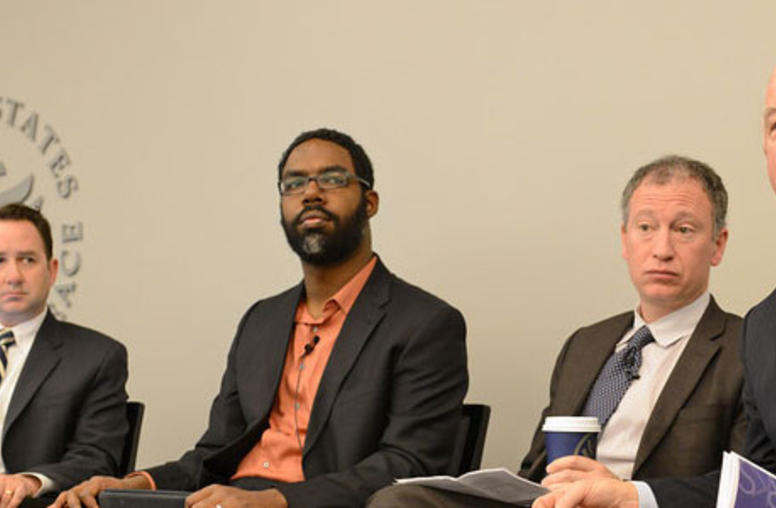
In this half-day conference, the U.S. Institute of Peace and the George Washington University’s Institute for Public Diplomacy and Global Communication hosted two panels of experts on social media’s role in political protest and civil war across the Middle East and Europe as part of a discussion on the latest Blogs and Bullets report: Syria’s Socially Mediated War.
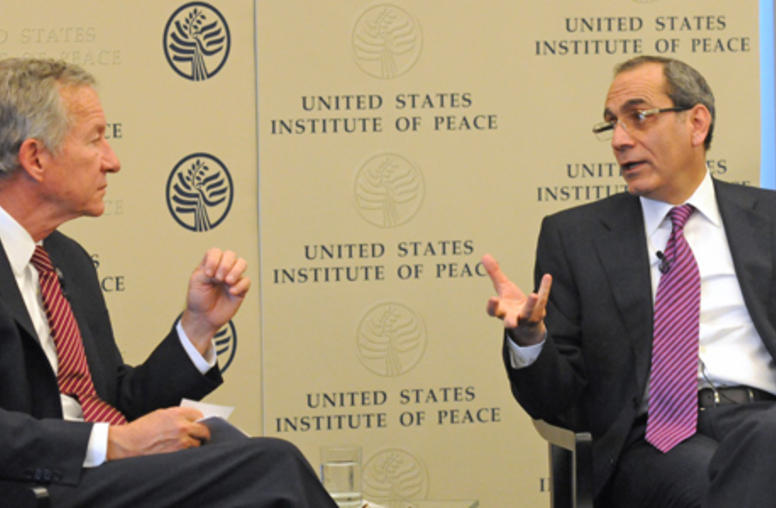
The United States Institute of Peace hosted H.E. Mr. Mohamed M. Tawfik, Egyptian Ambassador to the United States, for public remarks and discussion. The Ambassador discussed Egypt-U.S. relations, Egypt’s transition, the status of the constitutional roadmap, formation of a new government, and potential for reconciliation amid polarization and escalating violence.
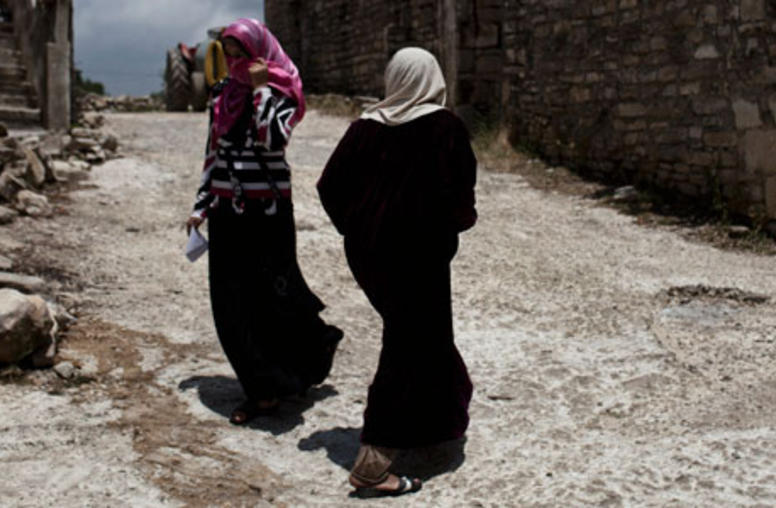
On September 27th, USIP, in coordination with the International Republican Institute’s Women’s Democracy Network and Hivos, hosted a delegation of Syrian women who highlighted women’s roles in the current political context and the challenges they face.
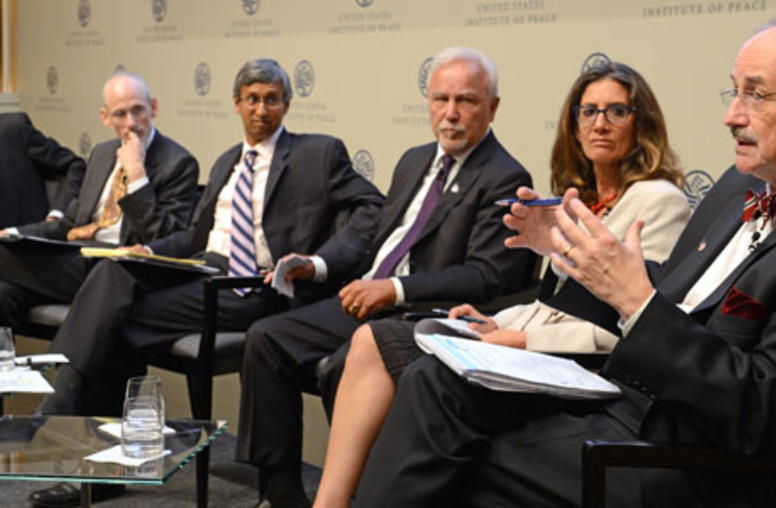
On September 10, 2013, U.S. Institute of Peace (USIP), the Association of the United States Army (AUSA), and the U.S. Water Partnership (USWP) hosted a summit on the growing concerns in water security and the risks for increased conflict.
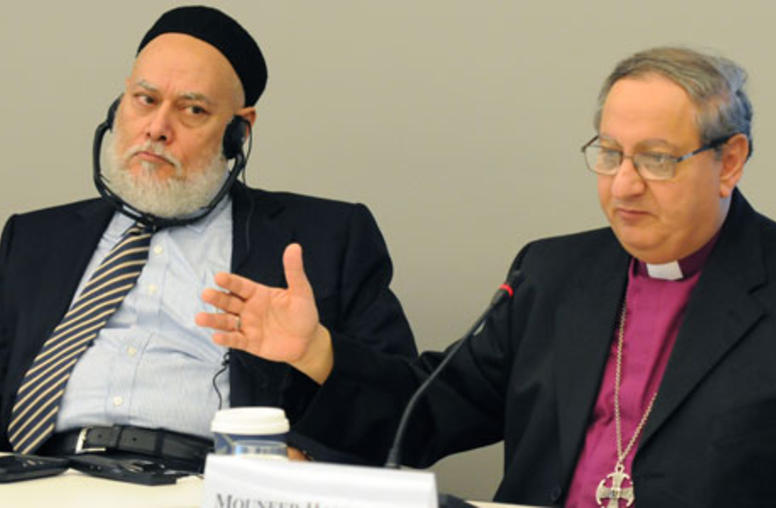
On Friday, June 14, two Egyptian religious leaders, Grand Mufti Mohamed Ali Goma’a and Bishop Mouneer Hanna Anis, discussed the challenges their communities face in the democratic transition of their state.
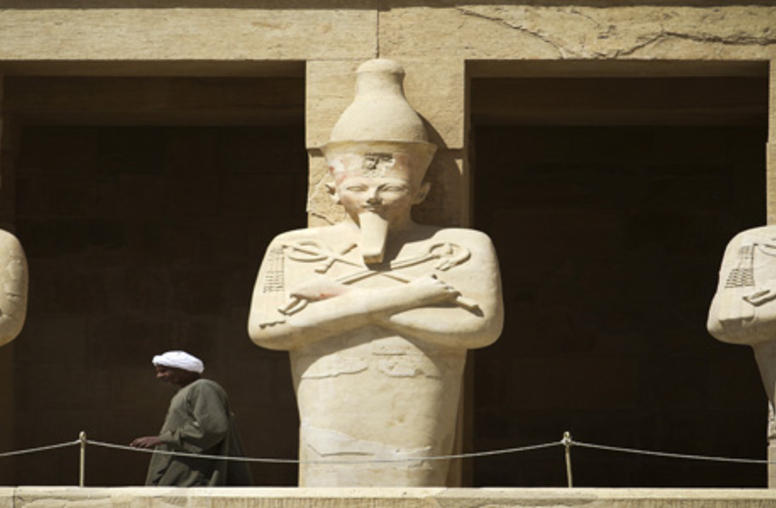
Some experts predicted that the Arab rebellions which began in spring 2011 would widen the strategic and political gap between Arab states undergoing dramatic change and those defending the status quo. Dr. Adeed Dawisha argues that in fact, sectarian tensions and economic constraints have dampened the demonstration effect of the Arab uprisings on regional politics and transformation. Read the event coverage, USIP-Wilson Center Series on Arab Spring Impacts Concludes
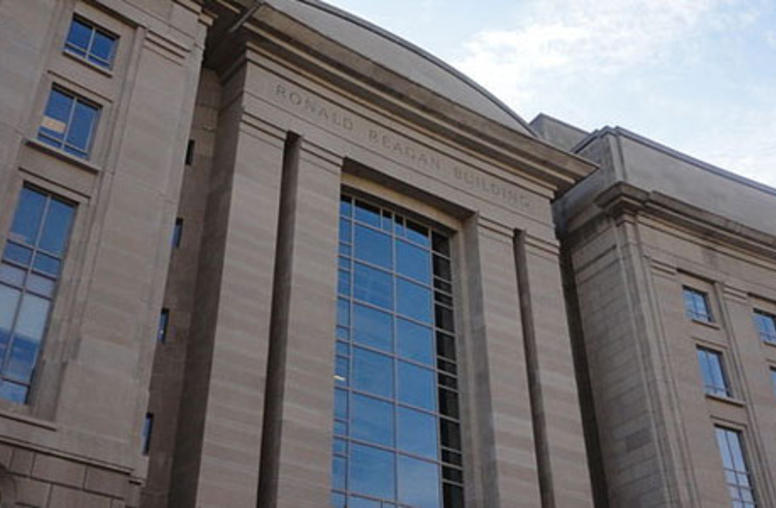
During the 2011 uprisings, Arab protestors channeled decades of discontent with failed economic policy. However, the demise of leaders will not be enough to answer this discontent nor ensure productive development. Scholarship on the political determinates of economic development finds that the common recipe of expanding the private sector and increasing trade openness may be valuable, but alone are not sufficient for successful development.
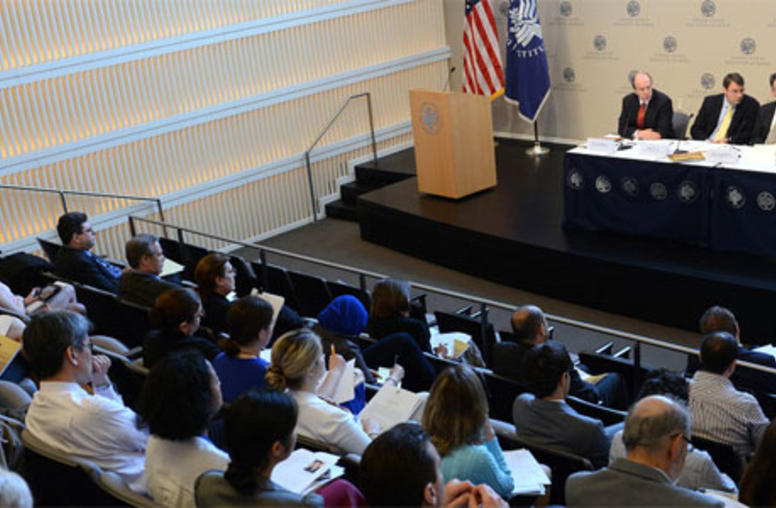
The event highlighted the Special Inspector General for Iraq Reconstruction (SIGIR) experience in Iraq and examined the major problems it discovered, such as America’s “ad hoc” approach, the effectiveness of oversight, funding challenges, and the larger issue of nation-building. Experts explored how lessons learned from Iraq could be applied to other American-led efforts, such as those associated with emerging democracies. Read the event coverage, Iraq Lessons: Will They Be Heeded?
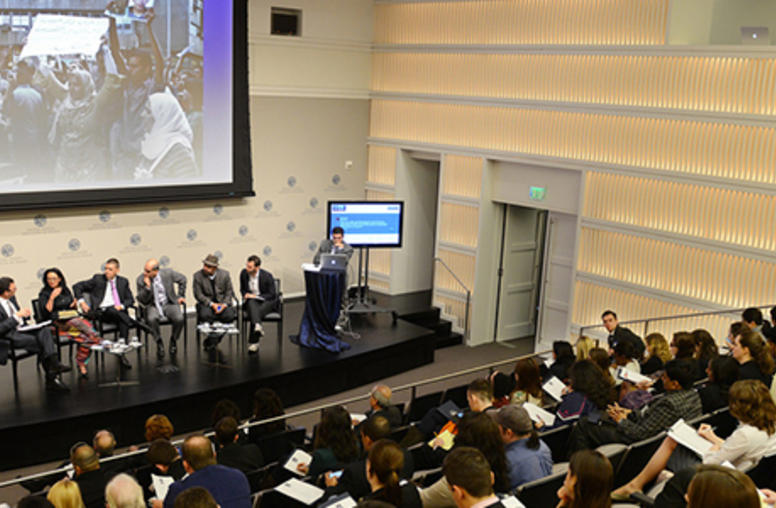
As President Barack Obama embarks on his second term and Israeli Prime Minister Benjamin Netanyahu builds his coalition government, many warn that time is running out for the two-state solution. On the occasion of its publication, the authors of “The Peace Puzzle: America’s Quest for Arab-Israeli Peace” discussed their own views on whether and why that door is closing, and what the next Obama administration can do to keep it open. Read the event coverage, America’s Quest for Arab-Israeli P...